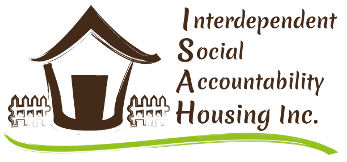I have a developmentally delayed friend who has difficulty with social ques making her vulnerable in social settings.
With her permission, I tell the following story to help illustrate how difficult it is for some people with developmental disabilities to move through a world shaped by urban language.
My friend asked the waiter for the bill. When he arrived with the bill, my friend said thank you.
“No Worries” the waiter replied; which just about floored my friend!
Never sure of herself in social settings, she looked to me with a confused brow and said.
“Do I look worried?”
“I’m not worried. Why would he tell me not to worry? I have nothing to worry about today.”
And into a worrisome rant she slipped!
As part of her support network, all you can do is wait it out! Be her friend, listen, and wait for her to finish saying what she needs to say.
Occasionally you need to toss up a simple hand gesture encouraging her to lower her voice. Otherwise, you just listen to her passionately speak.
To be sure, it is not just the developmentally delayed who can get confused by the natural evolution of language from one generation to the next. And as to “No Worries”, one can respectfully ask,
just how much longer will we need to endure that particularly irritating colloquialism?
Especially since it has apparently replaced
“You’re Welcome”!
Here today and gone tomorrow? Perhaps.
But even when “No Worries” is relegated to the Twittersphere Archives in the cloud with the likes of “Snail Mail”, “Hangry” and “Twerking” there will always be new urban words and expressions emerging that will affect how citizens with developmental disabilities navigate this ever-changing world.
And it is up to us to ensure that “what is trending” is included in the individual’s habilitation plan.
By: Shonna Kurkilahti
The forth point of our Mission Statement is to foster inclusion into the greater community. Stop by regularly and help us spread the message of inclusion.
